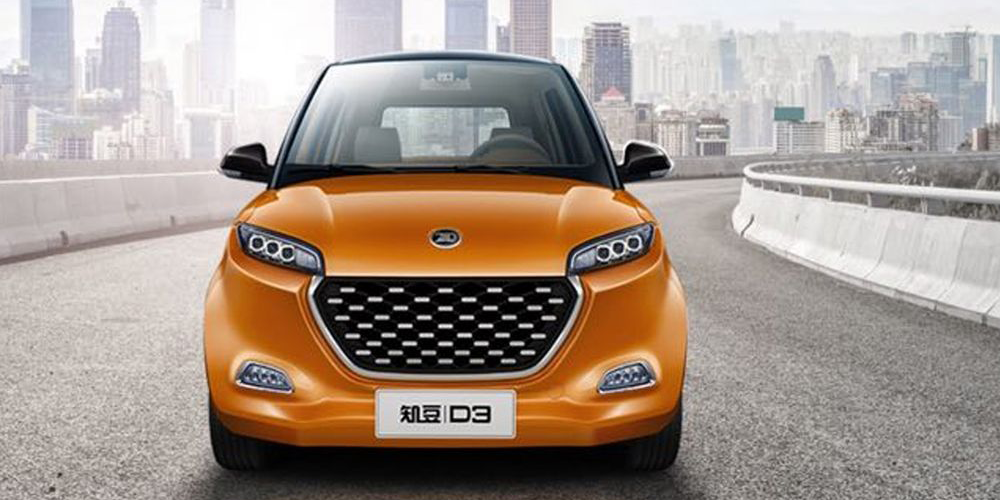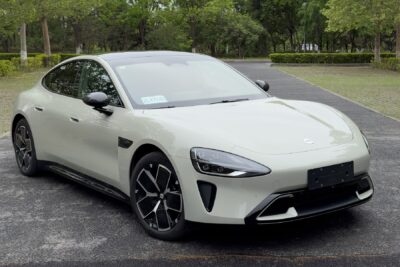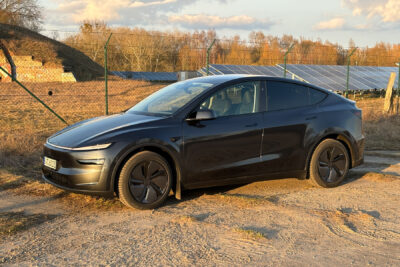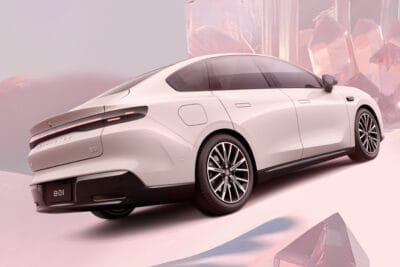China extends EV sales tax exemption til 2022
The Chinese government has now officially confirmed that it will exempt New Energy Vehicles (BEV, FCEV and PHEV) from the 10 per cent purchase tax in 2021 and 2022. Rumours to this effect had already been in circulation since the beginning of this month.
Now, a joint statement has been made by the Chinese Ministry of Finance and the Ministry of Industry and Information Technology (MIIT) that confirms that New Energy Vehicles purchased between 1 January 2021 and 23 December 2022 are exempt from vehicle purchase tax.
The exemption will not be granted automatically, rather the models concerned must be included in a catalogue published by the MIIT and the tax administration. The official reason given is that consumers should thus be able to obtain information about the vehicles entitled to the exemption. With this step, however, the authorities also reserve the right to exclude some vehicles from the tax regime.
For the models listed in the catalogue, the manufacturers or importers can apply for tax exemption, which is then checked again by MIIT and, in a final step, approved by the relevant tax authority.
At the beginning of the month, articles in the Chinese media unanimously reported that the government was also planning to extend the NEV subsidies. However, there is no official information on this in the current announcement from the ministries.
According to reports, government subsidies are also to be extended until the end of 2022. The exact amount of the subsidies is not yet entirely clear. The current rates have been in effect since July 2019. 25,000 yuan (around 3,300 euros) will still be paid for electric cars with a range of at least 400 kilometres. Electric cars with a range of fewer than 250 kilometres have not been eligible for subsidies since that date. Prior to these changes, the minimum range was 150 kilometres.
Some experts had expected that the subsidy would continue at these rates. A few days later, however, Bloomberg reported that the government was considering lowering the rates, and tightening the criteria for price and the minimum range.
NEV registrations had already fallen sharply as a result of the changed subsidy policy in mid-2019. In the first quarter of 2020, new registrations fell by 56.4 per cent to 114,000 vehicles compared to the previous year due to the corona crisis, according to figures from the Chinese Association of Automobile Manufacturers, and the entire Chinese automobile market was also in the red due to the closures. “I assume that the decline in NEV sales this year will be even deeper compared to conventional cars unless there are ‘stronger guidelines’ such as the introduction of high subsidies,” said Wu Shuocheng, an independent automotive analyst.
gasgoo.com, globaltimes.cn, argusmedia.com, chinadaily.com, miit.gov.cn (government communication in Chinese)





0 Comments